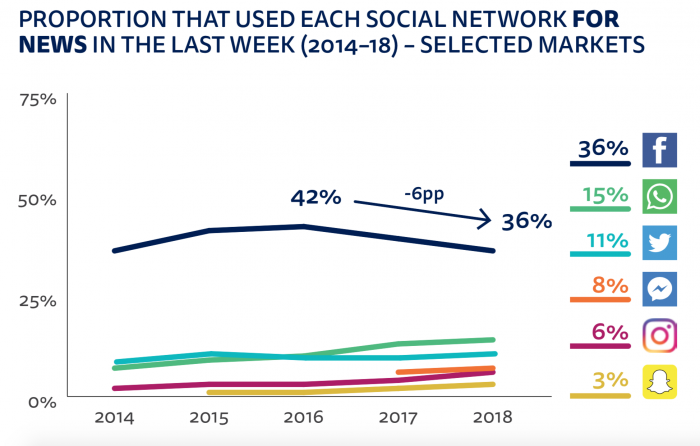They’re just a few of countless names, codewords, memes, and phrases that have been blocked. Weiboscope, a project out of the University of Hong Kong, since 2011 has tracked deleted posts on Weibo, collecting a substantial dataset of the types of terms and content that triggers censors.







